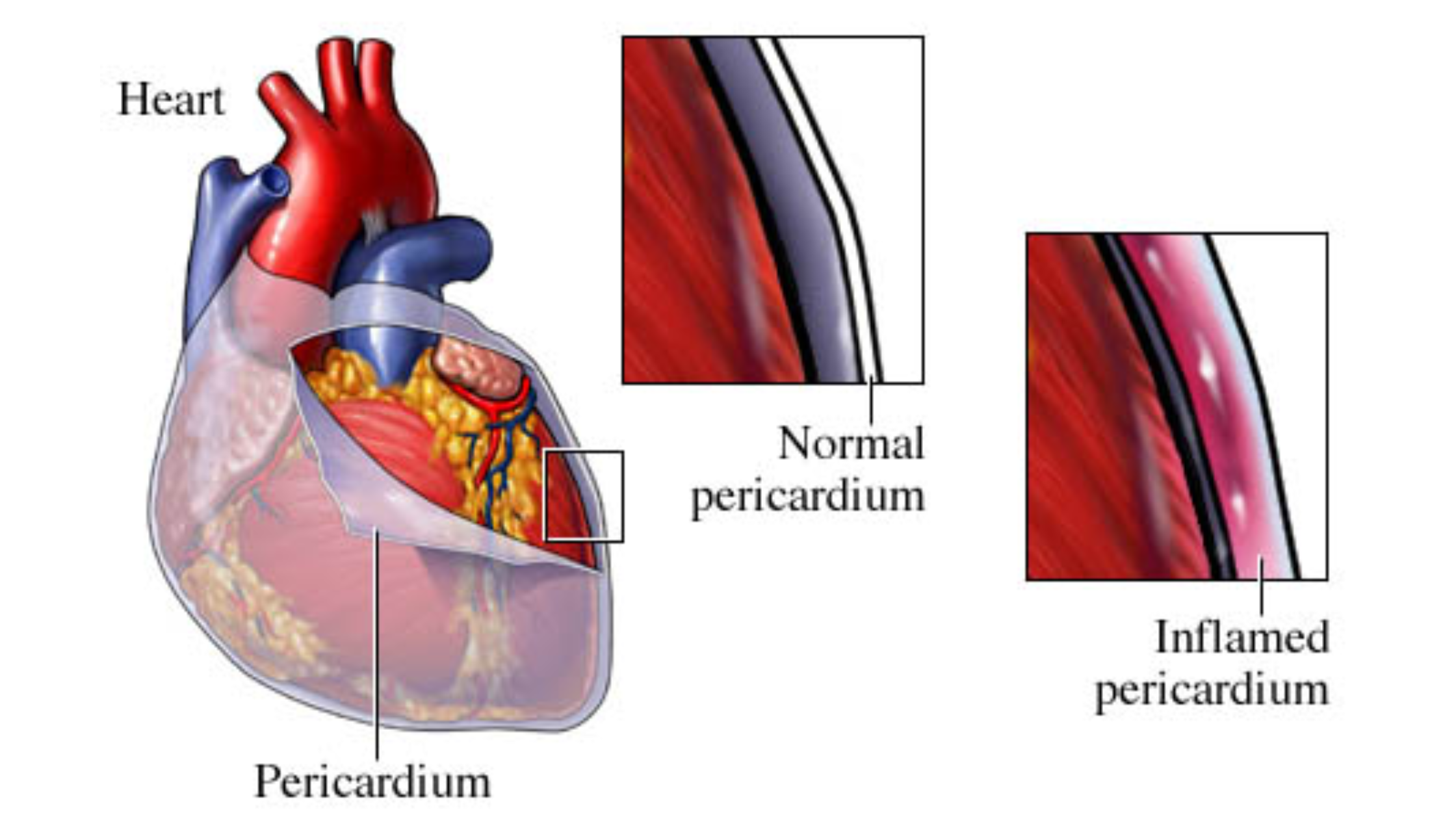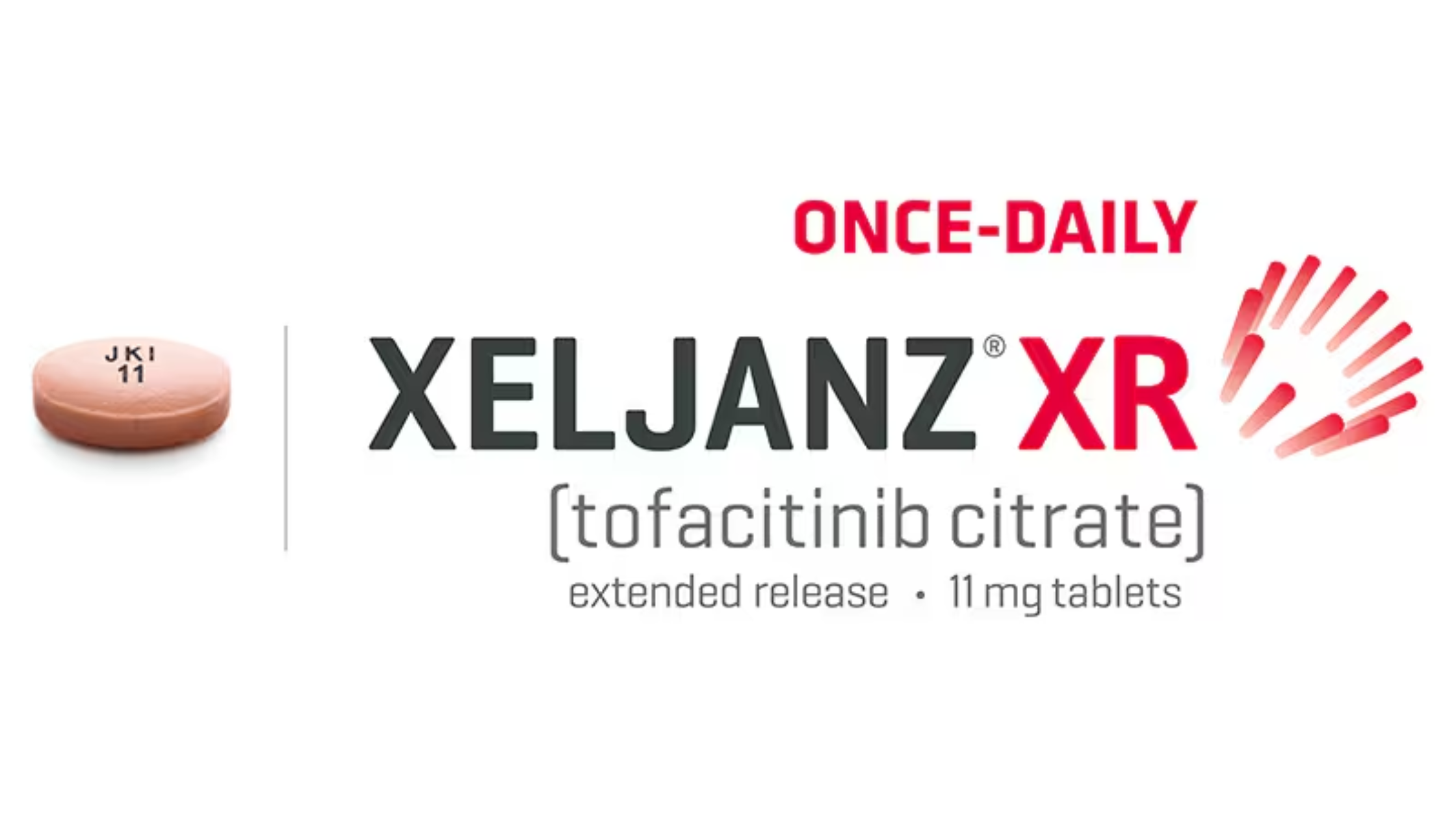Last updated on March 5th, 2025 at 11:46 am
Are you wondering about the uses of antidotes? Do you want to discover when is universal antidote used? Do you also want to know its components, effectiveness, and crucial steps in emergency poison treatment? You are in the right place. Stay safe and informed with my in-depth guide.
Poisoning is a significant health concern worldwide, with thousands of cases reported annually. Understanding how to manage poisoning effectively is crucial for healthcare professionals, first responders, and even laypersons. Among various interventions, the concept of a “universal antidote” often arises. But what exactly is a universal antidote, and when should it be used? This comprehensive guide will delve into the specifics of the universal antidote, its applications, components, and efficacy in treating various poisoning cases.
What is a Universal Antidote?
The term “universal antidote” refers to a substance or a mixture of substances that can counteract a wide range of poisons. Historically, it has been used to describe a concoction typically containing activated charcoal, magnesium oxide, and tannic acid. However, the effectiveness of this traditional mixture has been largely superseded by modern medical practices, with activated charcoal being the primary component still in use today.
Components of the Universal Antidote
- Activated Charcoal: This is the primary and most effective component of the universal antidote. It works by adsorbing toxins in the gastrointestinal tract, preventing their absorption into your bloodstream. This makes it an excellent charcoal for poisoning treatment.
- Magnesium Oxide: It was historically included for its neutralizing properties, though its use has diminished due to limited effectiveness.
- Tannic Acid: It was previously used for its protein-precipitating abilities, but is also largely obsolete in current medical practice.
When is a Universal Antidote Used?
The universal antidote, particularly activated charcoal, is used in various poisoning scenarios. Here are the key situations where it is most effective:
The universal antidote for toxins, particularly activated charcoal, is used in various poisoning scenarios. Here are the key situations where it is most effective:
- 1. Drug Overdose: Activated charcoal is commonly administered in cases of drug overdoses. It is particularly effective for Over-the-counter Medications- such as acetaminophen and aspirin. Prescription Medications- These include sedatives, antidepressants, and antipsychotics.
2. Poisonous Ingestions: Ingesting toxic substances is a frequent cause of poisoning. Activated charcoal can adsorb many of these toxins, such as household Chemicals- such as bleach, detergents, and pesticides. Plant Poisons: Including those from certain mushrooms and plants.
- 3. Certain Chemical Poisonings: While not effective for all chemicals, activated charcoal is beneficial in cases involving: Organic Compounds: Like pesticides and herbicides, Heavy Metals Though not highly effective, can be used as an initial measure before specific chelation therapies in antidote for chemical poisoning cases.
How Does Activated Charcoal Work?
Activated charcoal works through a process called adsorption. Unlike absorption, where substances are taken into another substance, adsorption involves toxins binding to the surface of the charcoal. This binding prevents the toxins from being absorbed into your bloodstream from the gastrointestinal tract. this allows them to be excreted from your body as part of a charcoal overdose remedy.
Administration of Activated Charcoal
The administration of activated charcoal antidote must be done correctly under strict supervision to ensure its effectiveness:
- Dosage: Typically, the dose ranges from 25 to 100 grams for adults and 10 to 25 grams for children.
- Timing: Administering activated charcoal within the first hour of ingestion is crucial for optimal effectiveness. Its efficacy decreases significantly after this window.
- Method: Activated charcoal is usually given orally in a suspension with water as part of emergency poison treatment.
Limitations and Contraindications
Despite its broad applications, activated charcoal has limitations and contraindications:
- Not Effective for Certain Poisons: It does not adsorb alcohols, acids, alkalis, and some metals effectively.
- Risk of Aspiration: In unconscious patients, there is a risk of aspiration, leading to potentially severe respiratory complications.
- Contraindications: You should not use it in cases of corrosive substance ingestion or in patients with an impaired gag reflex without airway protection.
Alternatives to the Universal Antidote
In modern medical practice, specific antidotes are often preferred over a universal antidote when the toxin is known:
- Naloxone: For opioid overdoses.
- Atropine: For organophosphate poisoning.
- Flumazenil: For benzodiazepine overdoses.
- N-acetylcysteine (NAC): For acetaminophen toxicity.
The Role of Your Doctor
Healthcare providers play a critical role in the management of poisoning cases:
- Assessment: Rapid and accurate assessment of the patient’s condition and the type of poison involved.
- Decision-Making: Determining the appropriateness of activated charcoal versus specific antidotes.
- Monitoring: Continuous monitoring for potential complications and effectiveness of the treatment.
Preventive Measures
Preventing poisoning is always preferable to treating it. Key preventive measures include:
- Safe Storage: You should keep medications and chemicals out of reach of your children.
- Proper Labeling: You must ensure that all medical containers are clearly labeled.
- Education: As a healthcare practitioner, you need to educate the public on the dangers of common poisons and the importance of immediate medical attention in case of exposure, as part of first aid for poisoning.
Universal Animal Antidote Gel
Universal Animal Antidote Gel is a veterinary product designed to treat poisoning in animals but is not medically made for humans. It typically contains activated charcoal, which is the primary component used to adsorb toxins in the gastrointestinal tract. Activated charcoal works by binding to ingested toxins and preventing them from being absorbed into the bloodstream, thus helping to reduce the harmful effects of poisoning.
Key Features of Universal Animal Antidote Gel
- Activated Charcoal: The primary ingredient that adsorbs toxins and helps manage a wide range of poisonings.
- Emergency Treatment: It is used in emergencies where an animal has ingested a toxic substance, such as certain chemicals, medications, or plants.
- Easy Administration: The gel form allows for easier oral administration to animals, making it more convenient for veterinarians and pet owners during emergencies.
- Broad-Spectrum Use: Effective for various poisons, but it may not work on all toxic substances, such as heavy metals, caustic agents, or alcohol.
Common Uses
- Poisoning from medications: Overdoses or accidental ingestion of drugs.
- Ingestion of toxic substances: Like household chemicals or certain plants.
- Veterinary Poison Control: It is often recommended by veterinarians as a first response until further treatment can be administered.
Kindly Note:
- Time Sensitivity: The gel is most effective when administered shortly after the animal ingests a toxic substance.
- Consult a Veterinarian: Always consult with a veterinarian for proper guidance, as not all poisons can be treated with activated charcoal.
Summary
The concept of a universal antidote formula, while historically significant, has evolved with advances in medical science. Activated charcoal remains a vital tool in the management of many poisoning cases due to its broad adsorptive properties. However, its use should be carefully considered in conjunction with specific antidotes and under the guidance of medical professionals. By understanding when and how to use activated charcoal and other antidotes, we can effectively mitigate the risks of poisoning and save lives.
For more detailed information on poisoning management and the latest medical guidelines, consult healthcare professionals and trusted medical resources. Stay informed, stay safe, and always be prepared with the right universal antidote medication. Visit Medical Antidote for more tips on managing health.




